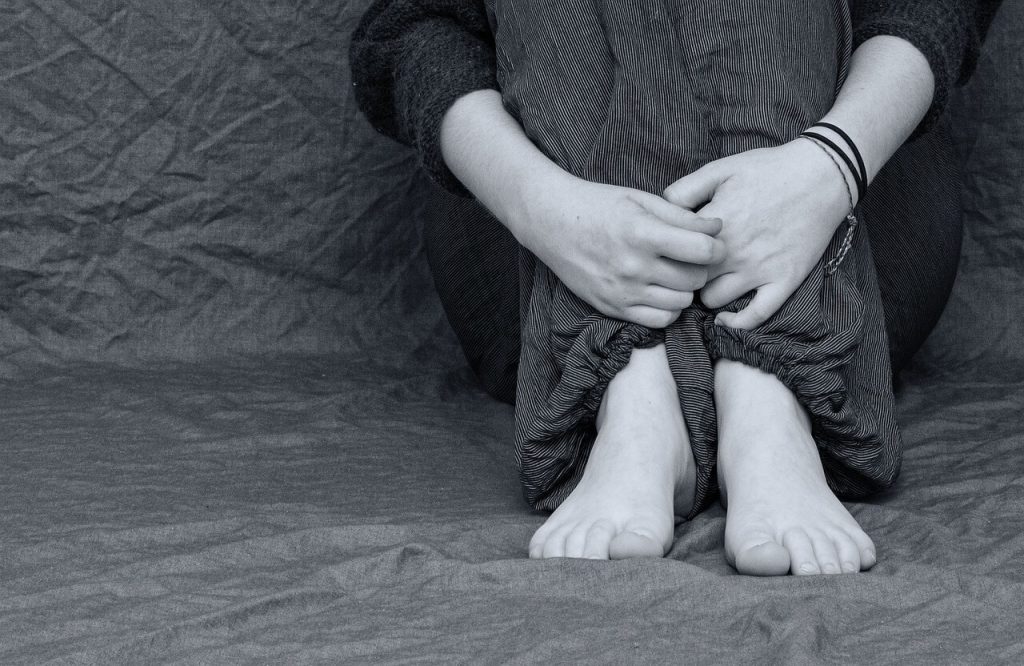Have you ever wondered how to deal with troublesome kids and teenagers? If so, then this blog post is for you. It will discuss six different techniques that can be used to deal with kids and teens who are acting out. Keep reading to learn more.
Table of Contents
Talk to them openly and honestly about what’s going on in their lives.
Communication is vital when building relationships with your kids and teens. Having open and honest conversations with them can help build trust, which lays the foundation for a strong relationship.
Encouraging your kids and teens to share their thoughts, feelings, and experiences creates an environment of mutual understanding, allowing you to understand each other’s perspectives better.
If you discover a lie, the best approach is to calmly and respectfully discuss why you don’t believe them and be honest about your concerns. Additionally, determine whether the behavior relates to a personal or academic issue.
Talking about it with your child may help them to understand better why their behaviors are wrong and help them develop better-coping strategies in the future.
Encourage them to express their feelings healthily.
Expressing one’s feelings is essential for children and teens of all ages, especially as they grow and gain more experiences. As parents and adults, it is your job to provide avenues in which they feel comfortable to express those feelings.
From talking with you about hard times to picking out a creative outlet, such as painting or writing, many options allow young people to navigate their emotions safely. You must take the time to listen attentively and empathically when your children or teens open up about their innermost thoughts and feelings so that you can help them understand themselves better and process what they are experiencing.
Your kids need to learn how to express their sentiments healthily, enabling them to use these skills throughout life.
Set clear boundaries and expectations for their behavior
Establishing clear boundaries and expectations for your children’s behavior is critical in helping them become successful adults.
Parents must be firm yet approachable when communicating their boundaries and expectations, as this will help build trust between parent and child, ensure effective communication, and make the consequences of misbehavior more straightforward.
Taking the time to sit down with your children and talk with them about your expectations for how they should behave can go a long way in setting up a positive family environment where children are given the tools to learn how to handle difficult situations.
Effective boundary-setting also reinforces the idea that parents care about their child’s development. Through this process, children will develop self-respect, self-discipline, respect for others, and, most importantly, an appreciation for their values.
Be consistent with your discipline.
Consistency is critical when it comes to disciplining kids and teens. It’s important to stay firm on results and consequences, even if your child or teen throws a tantrum or attempts to negotiate the rules and regulations.
Giving in to demands or threats only weakens the message that needs to be given, potentially desensitizing your children from the value of discipline. Establishing a consistent disciplinary approach will help keep them grounded, helping them understand their boundaries and responsibilities.
It also builds trust within your relationship with them when they know that the rules set won’t change as a reaction to their behavior.
Help your kids and teens find positive outlets.
Finding positive outlets for kids’ and teens’ energy is essential – it can channel their creative and physical stamina in healthy and constructive ways. Providing them with various options, from sports to hobbies, can help nurture their interests and development.
Participating in particular activities, such as team sports, offers the added benefit of teaching critical social skills like cooperation, communication, and conflict resolution. Also, free-time hobbies, drawing or woodwork, bring out another side of their personality while allowing them to work on honing skills they already excel in or gain new ones.
With the increased availability of resources and classes within communities, it’s not hard to find suitable fine motor-based activities that keep youngsters busy while improving their agility. So encourage your kids and teens to engage in healthy activities that should prove invaluable later on while they grow up.
Seek professional help
Parenting can be challenging, especially if you’re dealing with behavioral issues in your kids and teens. It’s important to recognize when it’s time to seek professional help rather than persist through difficulty and frustration on your own.
Preparing yourself to ask for guidance is an essential part of self-care, and learning how to navigate difficult times with your children can be rewarding in the long run.
Seeking professionals such as counselors and therapists or even support groups can provide constructive critiques, insight, and the necessary aid to help you address any potential parenting concerns from a practical and emotional standpoint.

Learning how to deal with a problematic teenager can be a daunting task, but it’s important to remember that you’re not alone. Many resources are available to help you navigate this challenging time in your life. Take the time to talk to your teen openly and honestly, set clear boundaries and expectations, and be consistent with your discipline. You’ll be well on your way to parenting a happy and successful teenager.


